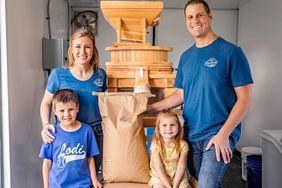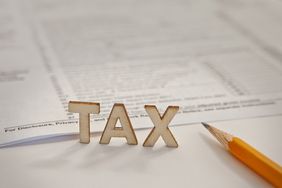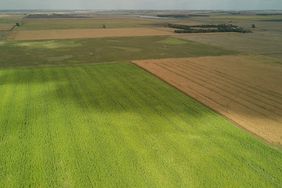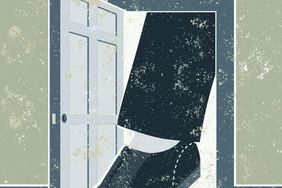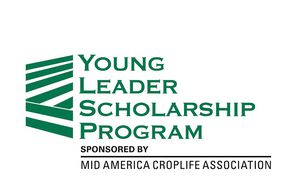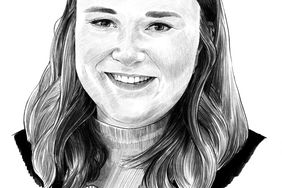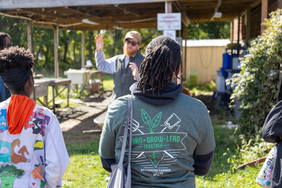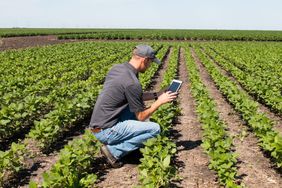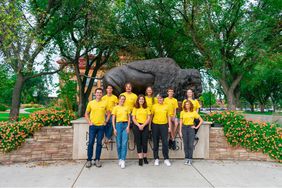:max_bytes(150000):strip_icc()/FarmerFriendsLaughing-WideShot-2000-59d47fe883934c27b9fc17c018b44cf3.jpg)
The Minnesota Department of Agriculture's Rural Finance Authority is now accepting applications for the 2024 Beginning Farmer Tax Credit. This annual program is available to landlords and asset owners who rent or sell farmland, equipment, livestock, and other agricultural assets to beginning farmers.
Asset owners or sellers, can claim credits in one of the following categories in a given tax year for each beginning farmer they do business with:
| 2024 Minnesota Beginning Farmer Tax Credit | |||
|---|---|---|---|
| Tax Credit Amount | Maximum Tax Credit | Application Due Date | |
| Cash Rentals | 10% of annual rental income | $7,000 | July 17, 2024 |
| Share Crop Rentals | 15% of annual rental income | $10,000 | July 17, 2024 |
| Farmland Sales | 8% of sale price (12% if the buyer is an emerging farmer) | $50,000 | Nov. 1, 2024 |
| All other sales (equipment, livestock, etc.) | 5% of sale price | $32,000 | Nov. 1, 2024 |
Funds are limited, early application encouraged
In total, $4 million is available for the 2024 Beginning Farmer Tax Credit program. Credits are funded in a first-come, first-served manner, so applicants are encouraged to apply early in the year before the applicable deadlines.
In 2023 $6.5 million was available and applications exceeded available funding.
Both the asset owners and beginning farmers must submit applications with lease and/or sale documentation to qualify for funding and hold their place in line. Applications can be made before sales close, if needed.
Who qualifies for the Minnesota tax credit
Qualifying asset owners can be individuals, trusts, or qualified pass-through entities renting or selling land, livestock, facilities, buildings, or machinery used for farming in Minnesota to a beginning farmer. Changes to the program were made during the 2023 legislative session that make parents, grandparents, and siblings now eligible for the tax credit if they sell farmland to a direct family member. However, this does not apply to leases or non-land sales such as livestock or vehicles.
Asset owner eligibility details
- May be an individual, trust, LLC, partnership, S-Corp, or other qualified pass-through entity.
- May claim the tax credit for as many years as the beginning farmer(s) they work with are eligible.
- Cannot be an equipment dealer, livestock dealer, or comparable entity engaged in the business of selling agricultural assets for a profit.
- For rentals and sales other than farmland, cannot be directly related. This includes parents, grandparents, brothers, sisters, spouses, children, and grandchildren.
Who is a beginning farmer in Minnesota
A beginning farmer is defined as a Minnesota resident with the desire to start farming, or who began farming within the past 10 years. They must provide positive projected earnings statements, have a net worth less than $979,000, and enroll in, or have completed, and approved farm business management program (FBM). A list of approved FBM programs and private instructors can be found on the Minnesota Department of Agriculture website.
Beginning farmers are also eligible for a nonrefundable Minnesota tax credit equal to the amount paid for FBM tuition, up to a maximum of $1,500. This tax credit is available for up to three years.
Beginning farmers who have a four-year agricultural degree, reasonable work experience in agricultural finance, or have already completed an approved FBM program can apply for a waiver of the FBM requirement.
Beginning farmer eligibility details
- Must be renting or buying as an individual, not an LLC or other business entity.
- Provide the majority of labor and management on a farm that is located in Minnesota.
- Have some farming experience and knowledge.
Who is an emerging farmer in Minnesota
Emerging farmers include farmers or aspiring farmers who are women; veterans; persons with disabilities; American Indian or Alaskan Natives; members of a community of color; young (35 and younger); lesbian, gay, bisexual, transgender, queer, intersex, or asexual (LGBTQIA+); urban (reside in cities with a population over 5,000); and any other emerging farmers as determined by the commissioner.
Farmland sellers may be eligible for a 12% of sale price tax credit if the buyer if the buying beginning farmer is also an emerging farmer.
History of Minnesota's tax credit
Minnesota's Beginning Farmer Tax Credit program began in 2018. Since then, the number of participating asset owners has increased each year.
| Asset owners | ||||
|---|---|---|---|---|
| Year | Number | Issued | Average Credit | Claimed |
| 2018 | 440 | $2,277,607 | $5,176 | $2,010,511 |
| 2019 | 584 | $2,710,529 | $4,641 | $2,416,226 |
| 2020 | 633 | $2,677,526 | $4,230 | $2,292,505 |
| 2021 | 639 | $3,282,291 | $5,137 | $2,649,171 |
| 2022 | 643 | $3,140,163 | $4,884 | |
| Beginning farmers | ||||
|---|---|---|---|---|
| Year | Number | Issued | Average Credit | Claimed |
| 2018 | 378 | $361,717 | $957 | $321,200 |
| 2019 | 527 | $544,127 | $1,032 | $434,893 |
| 2020 | 444 | $536,377 | $1,208 | $457,271 |
| 2021 | 462 | $383,008 | $829 | $275,545 |
| 2022 | 393 | $291,815 | $743 | |
Beginning Farmer Tax Credits in other states
In addition to Minnesota, beginning farmer tax credit programs are offered in Nebraska, Iowa, Ohio, Kentucky, and Pennsylvania.
Learn more
For more information and application materials visit the Beginning Farmer Tax Credit web page. Questions may be directed to Jenny Heck at jenny.heck@state.mn.us or (651) 201-6316.
:max_bytes(150000):strip_icc()/NatalinaBausch-6-06b14ffcaa32491e802c91c09e7fc867.jpg)
